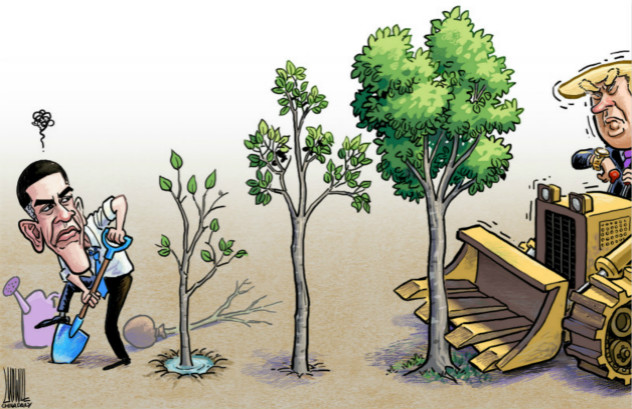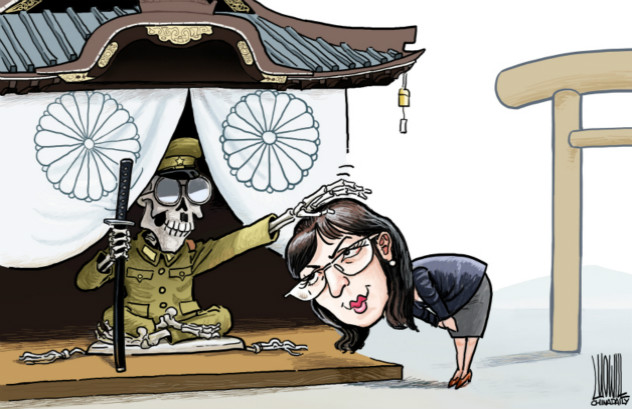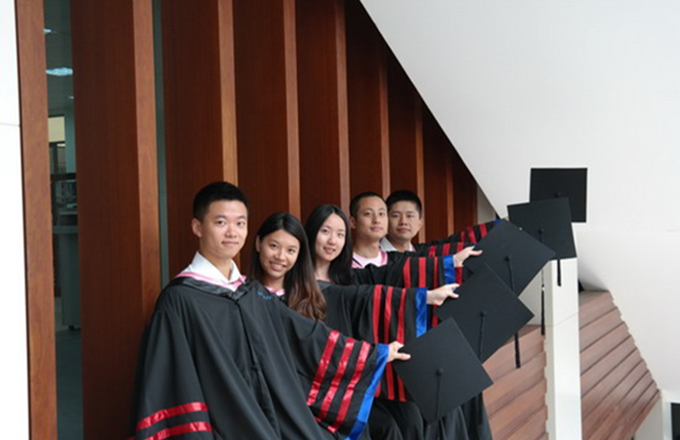His charisma and passion will be missed
The rise of leftist governments in Latin America conforms to the trend of a multipolar world. As emerging economies, those countries are having increasing clout in the world's economic and political arenas.
True, few politicians in the region have either the influence or the passion that Chavez had for forging alliances and pushing regional integration. But judging by the progress made in recent years and the consensus in the region for self-reliance, the trend of regional integration seems irreversible.
Chavez himself made noticeable contributions to this trend. In 2004, the Bolivarian Alliance for the Peoples of Our America was established with the aim of promoting regional integration and development by boosting trade. And in December 2011, to counter the Washington-dominated Organization of American States and to promote trade integration, 33 countries from the Americas, except the United States and Canada, established the Community of Latin American and Caribbean States. Chavez and former Cuban leader Fidel Castro spearheaded both organizations.
These accords have helped Latin American countries boost their political and economic self-reliance. They have propped up the tendency to build and support regional alliances aimed at common goals, a move that has helped speed up reforms and brought about forceful changes in Latin American countries.
With countries in Latin America showing a stronger solidarity and making headway in regional integration, the region has looked beyond its traditional trading partners, Europe and the US, to cooperation with Asia and the Middle East.
Such positive changes in the region have naturally boosted its influence on the world stage. Leaders in the region have every reason to continue to build on this good momentum in the post-Chavez era as it caters to the region's common goal of development and prosperity.
The author is a senior writer with China Daily. E-mail: wanghui@chinadaily.com.cn
(China Daily 03/14/2013 page9)





















